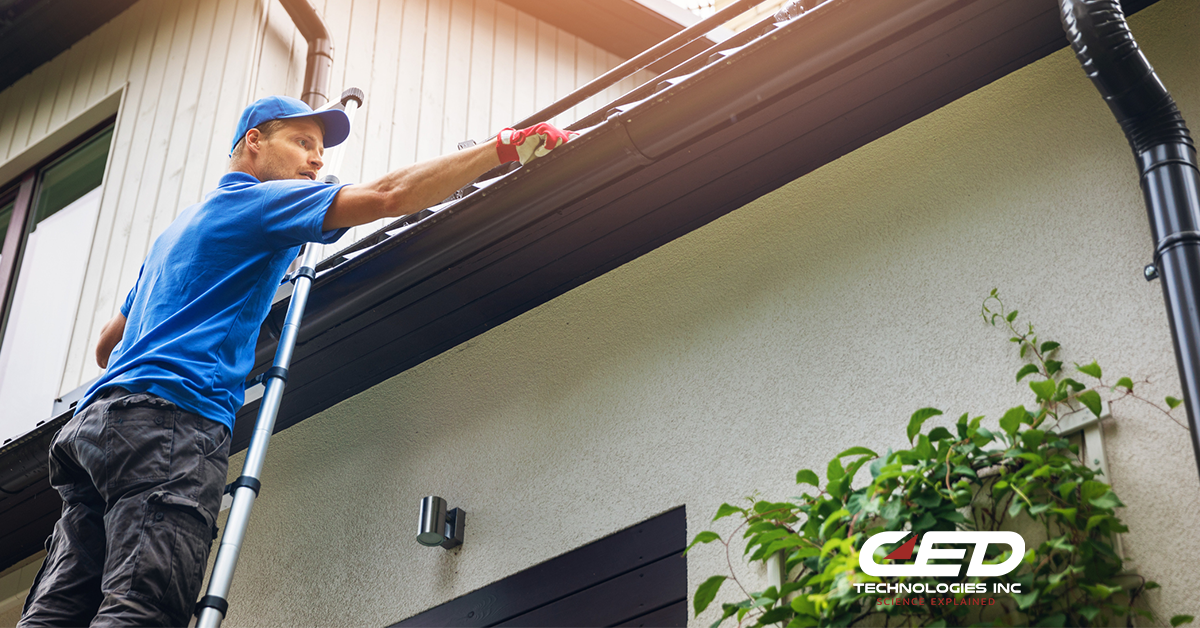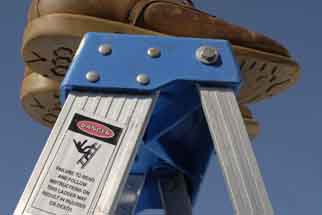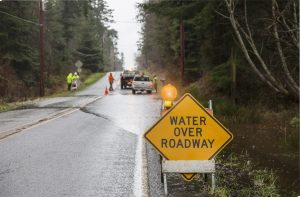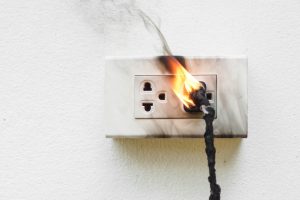When you hire an engineering expert, you probably expect to get a credentialed person who is intelligent, curious and someone who has excellent communication and people skills. Other important characteristics of an exceptional forensic engineer include hiring someone with incredible attention to detail and preparedness skills. Here are a couple of examples of how being prepared for an inspection saved the client money and helped to achieve an advantage on information gathered during inspection and/or testing.
In one instance, a CED engineer had the foresight to bring along a large extension ladder to a group inspection. The inspection involved examining evidence that could only be accessed by ladder or external lift. Because the other experts did not think of bringing their own ladder, counsel denied access to the ladder and thus the CED engineer was the only one able to initially document the evidence.
On another occasion, a CED engineer was on a group inspection regarding a pipe bending machine. All the engineers were able to take pictures and measurements. But the CED engineer also brought along a video camera and requested a recreation of the work scenario to demonstrate how the worker interacts with the machine and document machine operation. The video was a powerful piece of evidence, only available to our client initially, to help tell the story of how and why the accident occurred.
These two examples demonstrate how being prepared for an inspection equates to non repetition of tasks. Also, an early analytical advantage can be achieved by counsel who is more informed than the other parties/experts. So, when hiring an expert, a good rule of thumb is to talk through the sequence of events and requirements of the case to get a good understanding of circumstances prior to inspection. Specifically, all background information on the matter should be provided and expectations of any inspection should be discussed. This will help the engineer forecast particular requirements for the inspection. For instance, certain testing may require specific equipment and tools. Oftentimes, valuable analysis can be done while on the initial inspection and preclude the need to do follow up inspections or analysis. Having the foresight to bring the additional tools and being prepared saves the client money and leads to better results!
In addition, certain inspections may have unique requirements for the engineer to do his job. Some examples are listed below:
– Confined space entry
– Inspections where fall protection gear is required (not having the gear means you do not get to inspect the evidence!)
– Site specific Personal Protective Equipment (PPE)
– Roadside inspections where traffic control devices are required for safety
– Destructive testing where specific tools & test kits are required
– Having the right size vehicle to retrieve evidence (some can fit in a sedan, some needs a truck/van)
Because of these potential pitfalls, CED engineers always communicate with the client to ensure they fully understand the nature of any required inspection. They also think through the goal of inspection as well as possible deviations that might require additional tools. CED engineers always come prepared with an accident specific forensic inspection kit which includes basic tools, measuring devices, cameras, video cameras, personal protective equipment (PPE), etc.
The line of communication between the claim manager/counsel and the engineering expert is critical and can be a predictor of how effective the expert will be in litigation. Being prepared for inspection saves the client money and ensures the best and early understanding of how the accident/failure occurred. To find out more about CED engineers and how they can help your claim/case, please call 800.780.4221.






